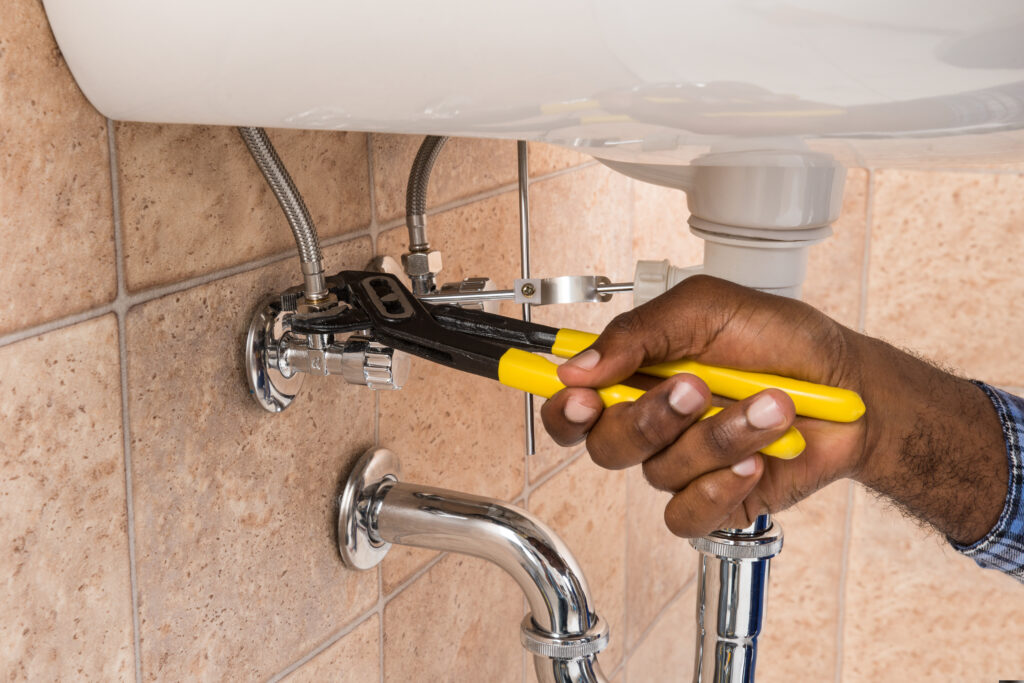One of the many benefits of investing in real estate are the available tax breaks that allow you to offset rental income and lower your taxes. These tax write-offs include various expenses related to buying, operating, and maintaining the property, such as mortgage interest, property taxes, and repair costs. Understanding which rental property tax benefits are available to you is critical in getting the most out of your taxes. Still, many rental property owners are unaware of these opportunities and how to take advantage of them.
Below are the top 5 tax deductions that should be on your radar if you own a rental property. Leverage these tax breaks to protect yourself from avoidable expenses and maximize your bottom line.
1. Mortgage Interest Deduction
The mortgage interest deduction allows you to reduce your taxable income by the amount paid in mortgage interest over the year. While homeowners can only deduct interest on up to $750,000 of secured mortgage debt for a first or second home, rental property owners can benefit more by deducting mortgage interest as a business expense instead.
For example, if your rental property produces $50,000 in rental income for the year but you pay $15,000 in mortgage interest that year, you can deduct the mortgage interest from your rental income resulting in a lower taxable rental income of $35,000.
You should receive a Form 1098 from your mortgage lender in January or February of each year showing the mortgage interest you paid for the year. While home mortgage interest is reported on Schedule A of the 1040 or 1040-SR tax form, mortgage interest for residential rental property owners is reported on Schedule E.
You cannot deduct any expenses you pay to obtain the mortgage on your rental property, such as legal fees, mortgage commissions, surveys, or appraisals, etc. However, you can depreciate these expenses along with the property (see number 3 below).

2. Property Tax Deduction
Property taxes are an ongoing expense for rental property owners, but rental owners frequently overlook this deduction! While homeowners can only deduct up to a total of $10,000 for property taxes ($5,000 if married filing separately), this doesn’t apply to rental property owners. Depending on your level of participation in the property, you may be able to deduct the full amount as a business expense. The amount of tax is largely based on where the property is and how much the property is worth.
3. Rental Property Depreciation
Just like any other business asset, rental properties depreciate—meaning they become worth less and less every year due to age, wear and tear, and deterioration—until they reach the end of their useful lives. For rental properties, this lifespan is usually (but not always) 27.5 years. Rather than taking one large deduction when you buy or improve a rental property, you can deduct a percentage of the purchase price and improvement costs on your tax return for the life of the property.
Usually, you can start depreciating a rental property as soon as it’s ready and available to rent. There are different ways to calculate depreciation on a rental property, which is why it’s a good idea to get help from a qualified tax pro.
Keep in mind that depreciation applies only to the building of the property, not the land. Land is not depreciable since it never gets used up. So, you would not be able to depreciate the costs of clearing, planting, and landscaping since those activities are considered part of the cost of the land, not the buildings.
While depreciation saves you money now, you may owe depreciation recapture taxes later if you sell the property for more than its depreciated value. However, many real estate investors choose to defer these taxes—including depreciation recapture and capital gains taxes—through a 1031 exchange, the swap of one real estate investment asset for another (see number 5 below).
4. Repairs Deduction
Making repairs on your rental property, such as swapping out light bulbs or patching holes in the wall, is generally tax deductible. However, don’t make the mistake of assuming everything you do on your property is a deductible expense! According to the IRS, repairs that keep your rental property in good condition are deductible, while repairs or improvements that add value to your rental property are not deductible. These sorts of upgrades and improvements must be depreciated instead (see number 3 above).
Repairs that are deductible include:
- Painting
- Cleaning carpets
- Fixing an appliance
- Repairing damaged shingles on a roof
Improvements that are not deductible include:
- Installing new farpet/flooring
- Replacing/buying a new appliance
- Replacing/installing a new roof
- Landscaping and sprinkler systems
- Additions such as a new patio or garage
This is one of the reasons why property managers like TMG advise rental property owners make repairs as soon as problems arise instead of waiting until they worsen and require renovations. You’ll obtain the best tax result if you fix things that are broken instead of replacing them after they’re beyond repair. Moreover, repairs are usually much less expensive than replacements.

Of course, sometimes an item is so old or worn out that it makes more economic sense to replace it. Plus, you may be able to charge more rent for a unit with new appliances, carpets, or other amenities than one with old, mended appliances or other things. Keep these factors in mind, in addition to tax benefits, when determining whether to repair or replace something.
5. Defer Capital Gains Tax
When you eventually sell your rental property, you could be on the hook for capital gains tax on the any profit from the sale and depreciation recapture taxes (up to a maximum rate of 25 percent, depending on your federal income tax bracket). Many real estate investors defer these taxes by using a 1031 exchange, which lets you swap one investment property for another.
The rules and restrictions relating to a Section 1031 exchange are complex and you may wish to consult a licensed professional. However, there are three main 1031 exchange rules to follow:
- Replacement property must be of equal or greater value to the one being sold.
- Replacement property must be identified within 45 days.
- Replacement property must be purchased within 180 days.
Rental property owners can conduct 1031 exchanges indefinitely to defer paying capital gains and depreciation recapture taxes. However, if an investor decides to sell a property without investing in another, any taxes owed will need to be paid.
Other Tax-Deductible Expenses
In addition to those mentioned above, there are many other common expenses that are tax-deductible for rental property owners, including:
- Travel associated with collecting rent, managing, or maintaining your rental property.
- Costs to advertise your rental.
- Insurance premiums for your rental.
- Utilities, if paid by you.
- Losses from natural disasters or theft.
- Professional services (including property management).
Other expenses that would not be classified as deductible include:
- Other travel expenses to the property.
- Uncollected rent.
- Lost income when your rental was vacant.
Are you taking advantage of all the tax breaks available to you as a rental property owner?
Here at TMG, we help owners reduce the amount of non-deductible expenses you have by getting a qualified tenant in your property, providing timely and cost-effective maintenance services, and so much more! Our in-house accounting team keeps your property's financial documentation organized, and our online owner portal gives you easy access to everything you need when it's time to file your taxes. Best of all, our property management services are also tax-deductible!
Information for this article pulled from the IRS website:
https://www.irs.gov/businesses/small-businesses-self-employed/tips-on-rental-real-estate-income-deductions-and-recordkeeping
Contact our Property Management Specialists
Receive a No-Obligation Quote and a FREE Rental Analysis

Michelle Villarma
Multifamily - Oregon & Washington
Single Family - Oregon & Tri-Cities

Tara Jackson
Single Family - SW Washington




